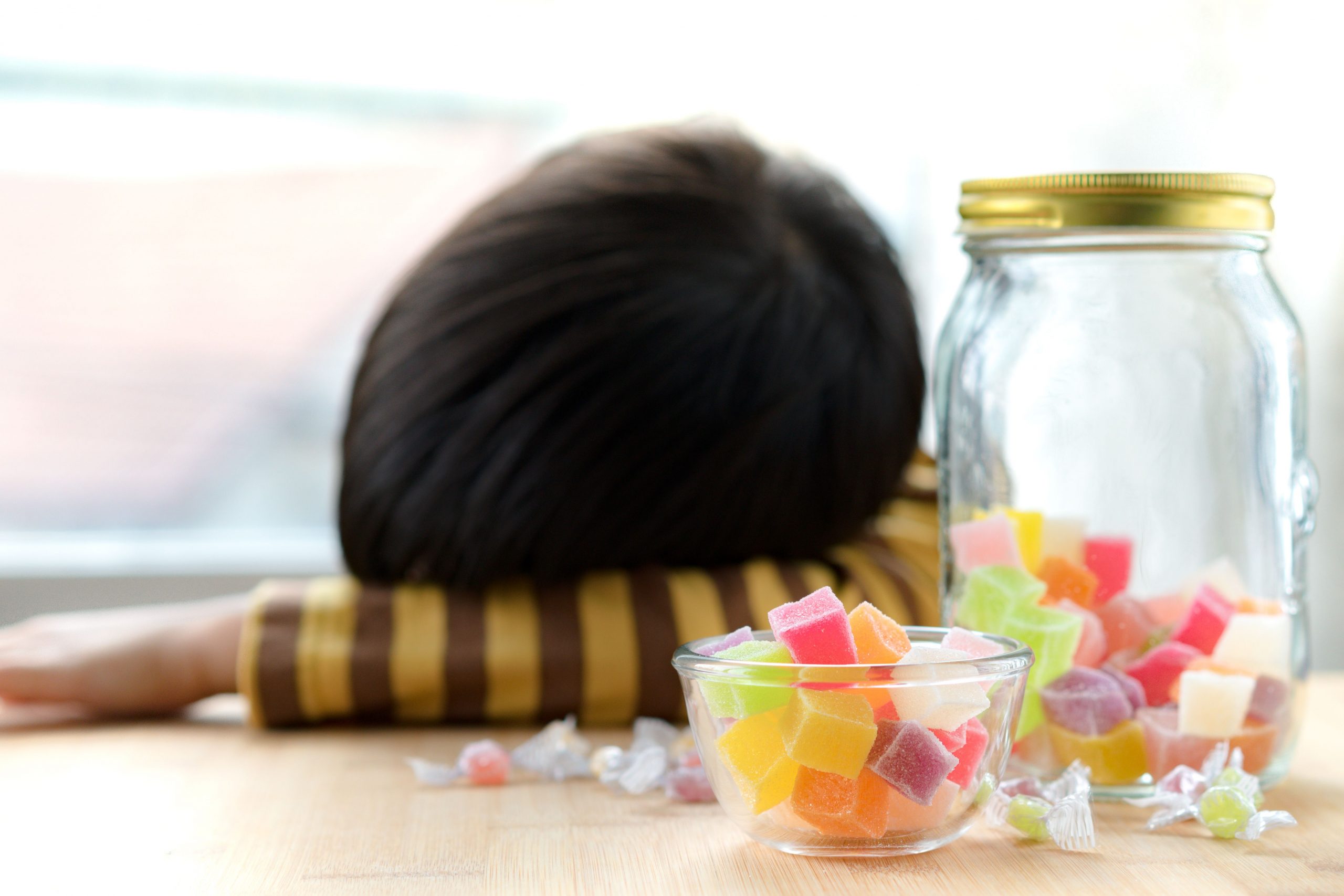Sugar in infants, children and adolescents: a position paper of the European Society for Paediatric Gastroenterology, Hepatology and Nutrition Committee on Nutrition
In this paper, Mis et al. (2017) express their concern that European children and adolescents are exceeding current recommendations on the level of sugar consumption, although there is no nutritional requirement for free sugars and infants’ natural preference for sweet taste can be modified and reinforced by pre- and post-natal exposure. The worry is that free sugars and sugar-containing beverages increase chances of becoming overweight/obesity and dental caries arising, and may be connected to the development of type 2 diabetes mellitus and cardiovascular risk. This paper informs us that free sugars are monosaccharides/disaccharides that are added to foods or beverages and those sugars naturally present in honey, syrups, unsweetened fruit juices and fruit juice concentrates. This term does not include sugars in raw fruits and in the lactose present in human milk, infant formula cow, goat milk, or unsweetened milk products. The objective should be reducing free sugar consumption to <5% of energy intake in children and adolescents aged ≥2 to 18 years while this figure should be even lower for infants and toddlers under 2 years. Healthy habits regarding dietary and beverage intake, which can consequently prevent damaging effects, should be initiated during infancy. Rather than sugar-sweetened beverages (SSBs), fruit juices, smoothies, and sweetened milk products, sugar can be given in its natural form in milk (human or other), unsweetened dairy products, and fresh fruits, and as part of a main meal. Furthermore, water or unsweetened milk drinks can replace free sugars in liquid form. This paper advocates for the adoption of policies by the National Authorities that promote lower free sugar consumption by infants, children and adolescents, which may come in the form of education, introduction of standards for school meals, improved food labeling on products, and application of restrictions on advertising. [NPID: sugar, processed food, Western-style diet, sugar-sweetened beverages, fruit juice, lactose, milk, diabetes, school meals, advertising, food labels]
Year: 2017
 Navigation
Navigation






